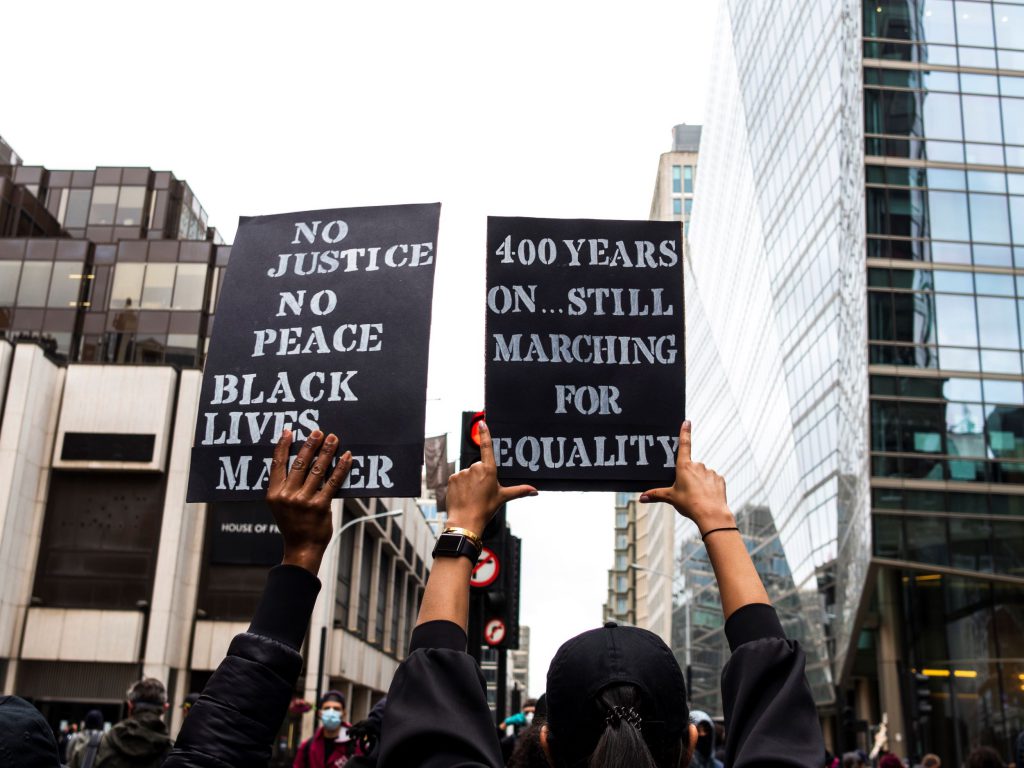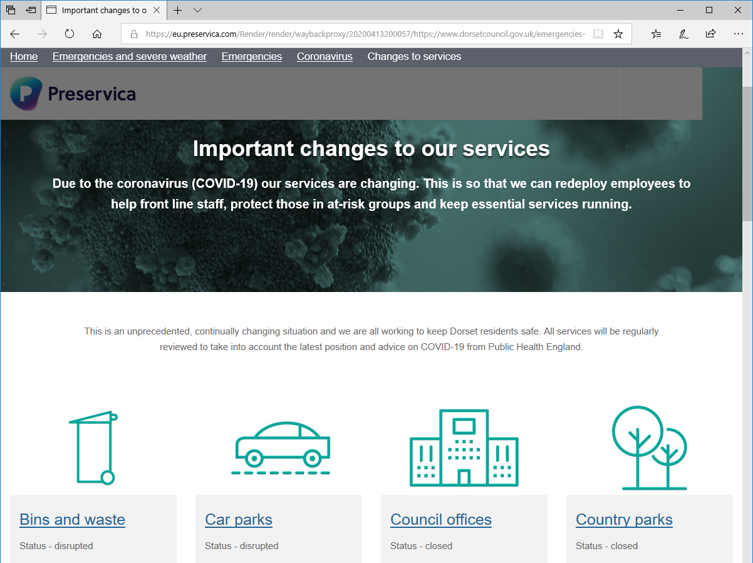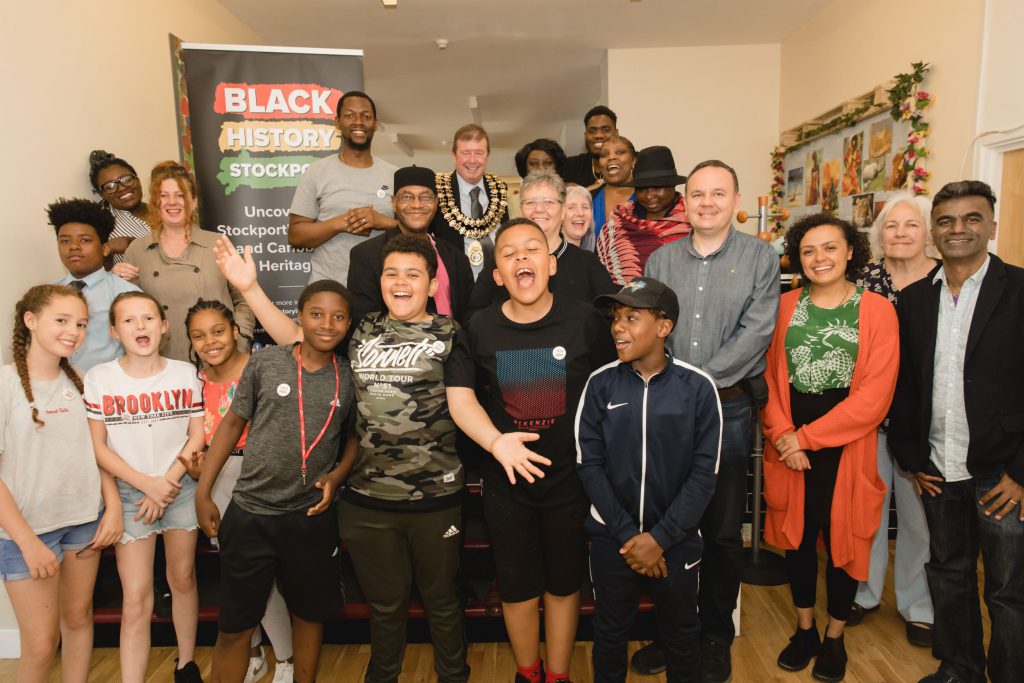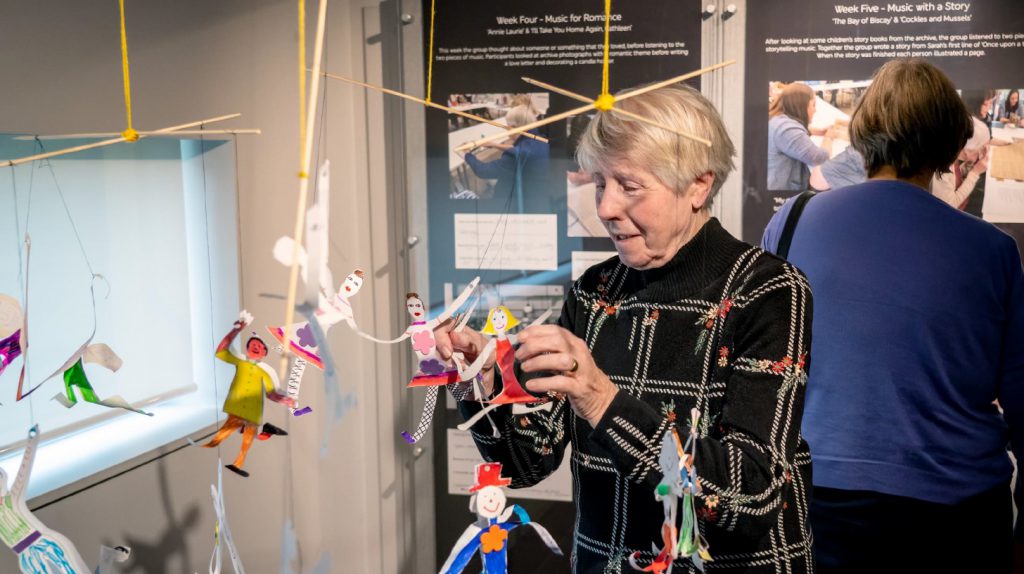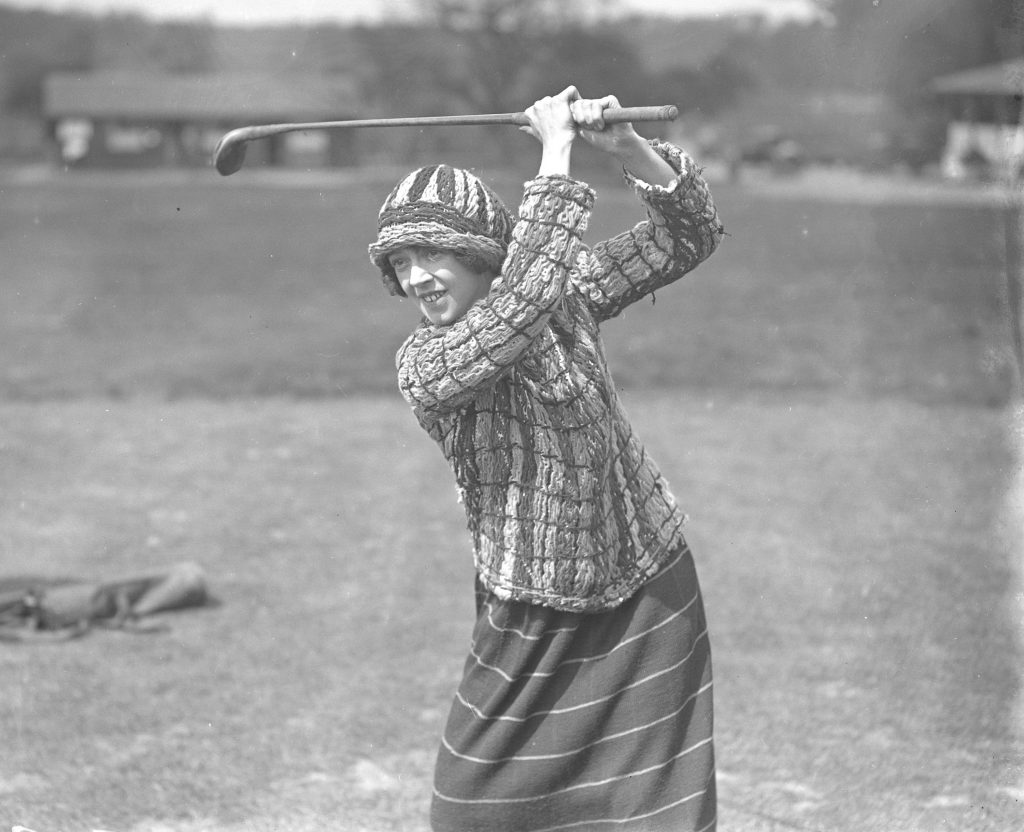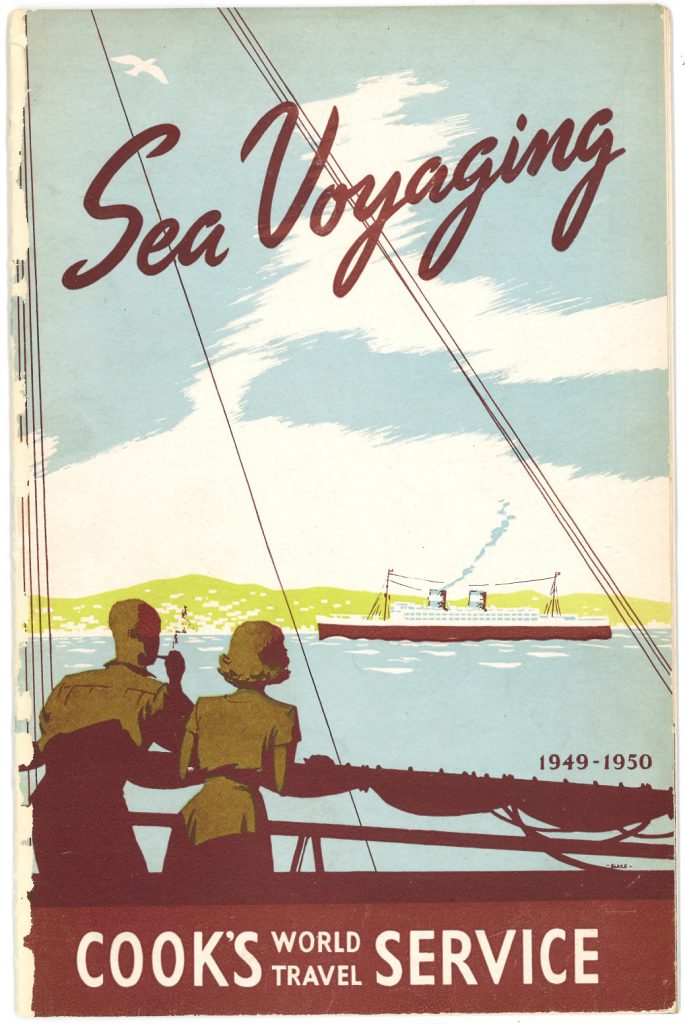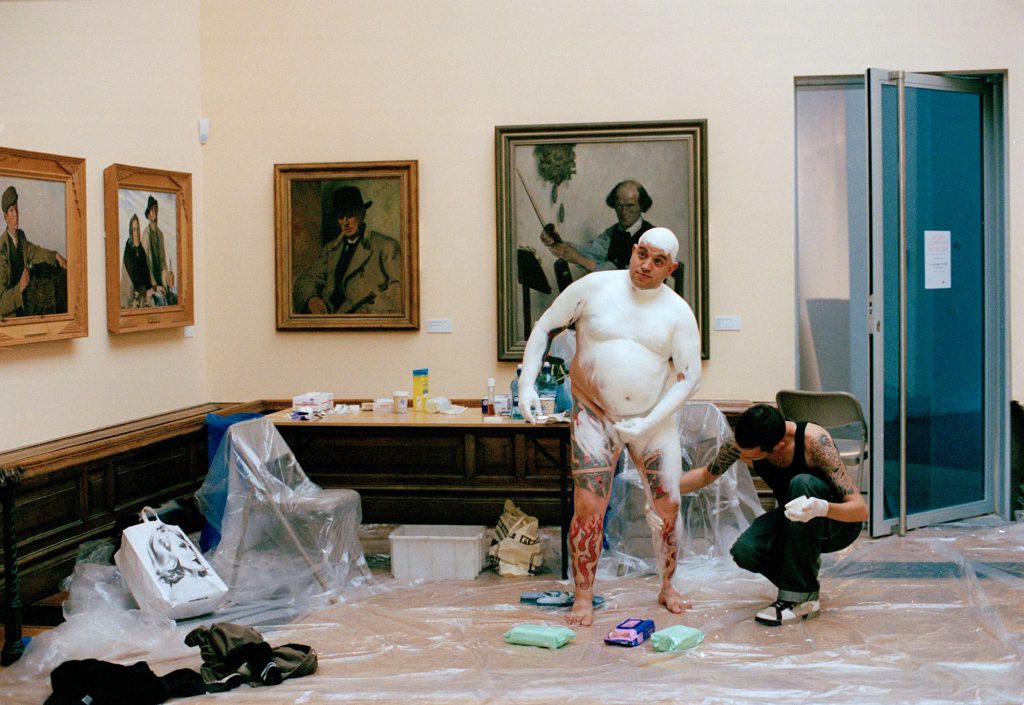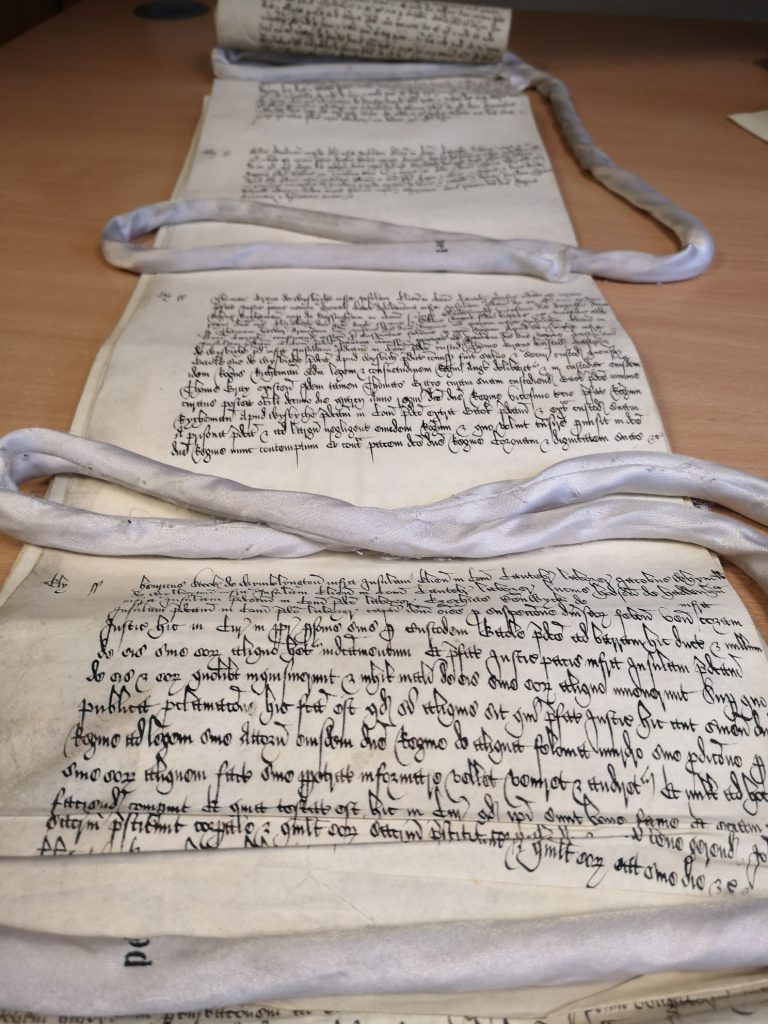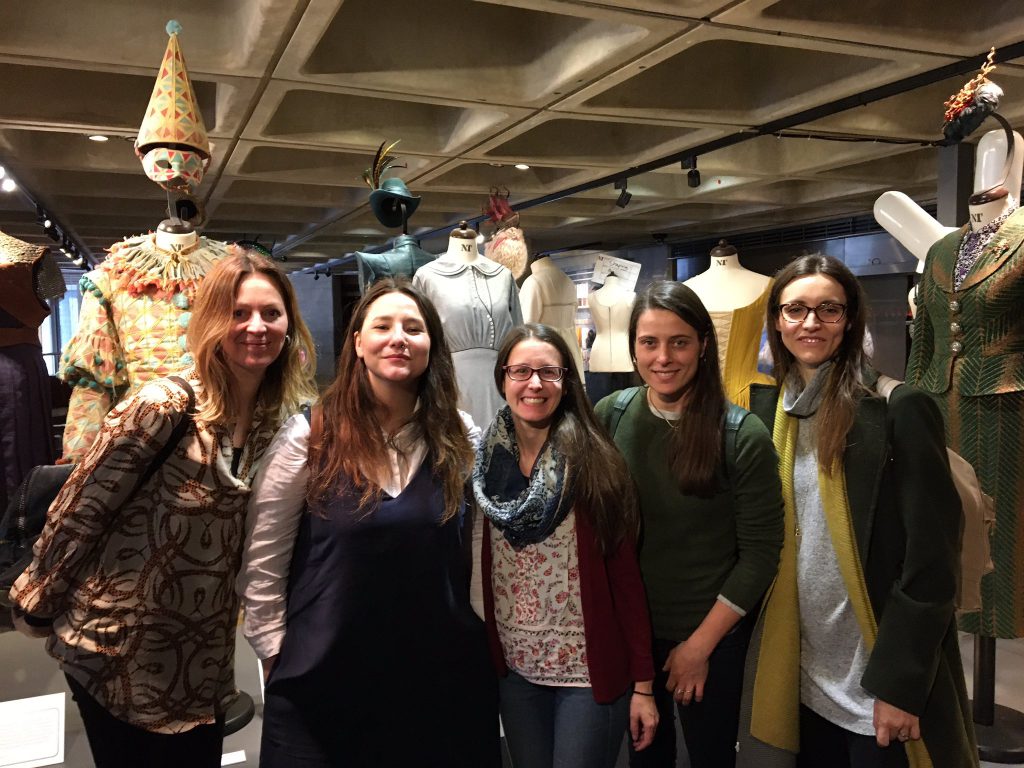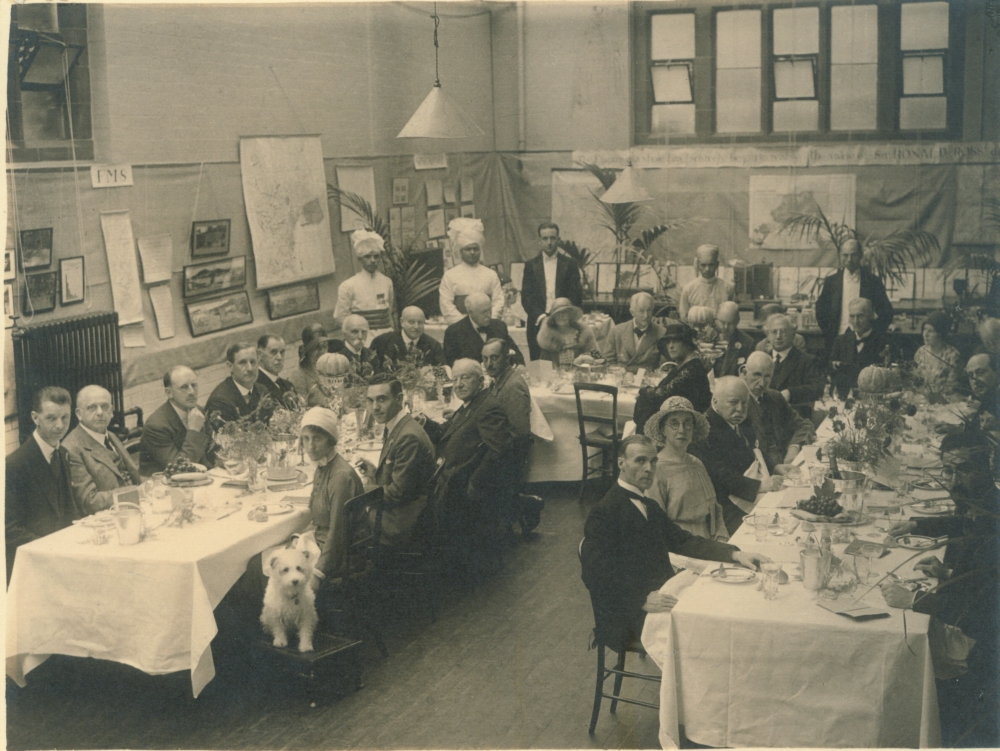Main section
Click on the headings below to read this year’s case studies, based on the themes of Archives Unlocked:
Tabs Navigation
Tabs
Advocacy and reputation
‘The project presented a lot of firsts and unknowns for us, but we felt we had to collect this material as it was being produced.’
Rhoda Boateng, Archives Supervisor
Black Cultural Archives
As the only national organisation collecting, preserving and providing access to the stories of people of African and Caribbean descent, Black Cultural Archives (BCA) felt that it was vital to capture the responses generated by the Black Lives Matter protests, triggered by the death of George Floyd in Minneapolis. As a result, they launched Document! Collecting Black Lives Matter, their first rapid-response collecting project.
This was also the first time the organisation had actively sought out digital material. The archives team were aware that they did not have full digital preservation workflows in place, but felt that they should collect the material nonetheless in order to capture the spontaneity and sense of urgency generated by the protests. Document! also presented the opportunity to collect material from demonstrations across the country, enabling BCA to widen their collecting scope.
A call for content was issued to key stakeholders and via the service’s social media channels. Potential depositors completed an online form outlining the types of material they wanted to donate, and providing ownership and copyright details. Team members were then able to respond on a case-by-case basis, gathering further information on the collection and how the depositor was willing for the content to be used. In many cases, this was the first time that potential depositors had interacted with an archive service, so team members spent time explaining more about archive collections and how the content would be stored and used in future.
This enabled the team to strike up individual conversations with new depositors, growing their stakeholder community, and creating opportunities to nurture these relationships for the future. These conversations also allowed BCA to demonstrate that an organisation was already telling the story of black communities and black activism in Britain and that, by donating their material, individuals were contributing to this wider story and ensuring that their own activism was being recorded.
BCA are now working on developing their IT infrastructure and digital preservation workflows, to ensure that the material generated from the Document! project is preserved and made accessible. They are using the content collected so far to help shape this infrastructure and the presentation of this material in the future. The team have also reformulated their terms of deposit in order to make these less intimidating for people who have not previously donated material to an archive; an example that they plan to repeat for future collecting initiatives.
Digital
‘We knew when the coronavirus escalated that we wanted to ensure the Dorset dimension of the pandemic was reflected in our collections.’
Cassandra Pickavance, Archivist, Digital Preservation
Dorset History Centre
As the coronavirus outbreak in the UK began to escalate in the spring of 2020, forcing the country into a nationwide lockdown, the team at Dorset History Centre sought to capture contemporary records of these unique times. The team investigated the possibility of utilising webcrawling technology to create a collection that reflected the pandemic’s impact in Dorset and served as a permanent reminder and record of the year’s unprecedented events. The team’s plan involved setting up searches to look for relevant keywords and take regular snapshots of any resultant pages mentioning coronavirus on the Dorset Council and Bournemouth, Christchurch and Poole Council websites and newsletters. Using this technology, the team have been able to create a timeline of events and changes to society over the last few months, viewed through the lens of local media articles and council webpages.
These webpages offer differing perspectives based on location and demographic, and provide contemporary sources of data, describing the impact of the virus on local services, the local populous, and reflecting national advice as it changed in response to the virus spread and research findings. The team has also decided to archive local newsletters, which include more detail about restrictions and measures imposed by the various local councils. The newsletters also contain some news stories that are not focused on the pandemic, providing a view of how life has continued during the last few months.
Once the webpages have been captured and processed by the team, the archived webpages are safely stored in Dorset History Centre’s digital preservation system. Details of these webpages are being added to the centre’s catalogue on a regular basis, ensuring that both current and future researchers will be able to access a unique archive of contemporary sources about a time which will undoubtedly be discussed in several different contexts for decades. Alongside the content harvested from websites and newsletters, Dorset History Centre staff have also encouraged local residents to create and donate additional content, including a series of written or recorded Corona Diaries, presenting a holistic view of life experienced by local residents during the pandemic.
Diversity and inclusion
‘The project is about the bigger picture, making communities more visible and telling their stories.’
Jennie Vickers, Community Engagement Manager
Ahmed Iqbal Ullah Education Trust
Coming in from the Cold was developed by the Ahmed Iqbal Ullah Education Trust (AIUET) as a two-stage project exploring the heritage of ethnically and culturally diverse communities in the Greater Manchester region. The first phase of the project initially started in early 2017 and focused on researching existing activities across the region and sought to identify gaps in projects and archival collections.
The project developed organically in partnership with the National Lottery Heritage Fund following a number of requests from local organisations for advice. Following the outcomes of phase one, AIUET found that the majority of projects taking place were celebratory and in nature and focused on engagement rather than collecting. The aim of phase two of Coming in from the Cold was to look at how AIUET could support communities to deliver their heritage projects by providing advice, training and resources.
AIUET developed a series of training sessions for groups to give them the knowledge and confidence when working with heritage material. Examples include projects by Sheba Arts, exploring Iranian and Kurdish heritage, and Rising Stars exploring Black history in Stockport. A series of resources have also been developed for communities groups, including a copyright agreement and loan receipt forms, all of which are freely available online.
Coming in from the Cold focuses on building a partnership with communities and working collaboratively with them. This ensures that there is mutual respect between participants and that the project is developed and recorded in their own words. The approach has proved incredibly effective and relationships between AIUET and the communities it works with have blossomed and led to a number of repeat projects.
As well as increasing the visibility of underrepresented communities in participants’ collections, the Ahmed Iqbal Ullah Education Trust is keen to support the development of heritage workforces. This has seen the creation of traineeships and bursaries made available to community members.
Enrichment
‘An effective partnership project to showcase part of our collection, widen our reach and achieve real impact for people with dementia.’
Katharine Carter, Company Archivist, M&S Company Archive
The M&S Company Archive holds a collection of sheet music that was sold at Marks and Spencer’s market stalls in the early 1900s. Through their partnership with the Leeds International Piano Competition, the two organisations were keen to develop a project which could utilise this collection and engage with new audiences. With funding from The National Lottery Heritage Fund, The Stories from M&S Sheet Music: Leeds’ Piano Heritage project looked to build on M&S’s existing archive reminiscence programme and create resources which could be used anywhere by anyone, free of charge.
The partnership began with a piano recital at the archive, performed by two finalists from the Leeds International Piano Competition. Both partners felt there was a wider opportunity to do something different and open up new audiences. In particular, the partners recognised the potential value of the archive’s strong reminiscence programme combined with music’s ability to evoke strong reactions and bring back long-forgotten memories.
A creative facilitator worked with the partners to develop a series of workshops for older people with dementia in a local care setting. Working with one specific care home, rather than single sessions in multiple locations, meant that participants benefitted over a longer period of time and saw greater improvements in their communication, confidence and wellbeing. Each workshop focused on a specific theme, such as one session focused on dance music from the M&S collection. This gave the group the opportunity to enjoy dance activities and share memories of dancing.
The sessions also offered different ways for people to participate. For example, visually impaired residents could participate in the music-led activities while those with hearing impairment enjoyed related visual archives. At other times, the music was used as a prompt for hands-on activities, such as creative art sessions that produced visual pieces for a celebratory exhibition at the archive at the culmination of the project.
The project developed a number of resources, including audio recordings of the sheet music and digitised archival records, and these tools are available to download. This has enabled activity coordinators in other care settings to use the resources, opening up the geographical reach of the project and providing digital support to carers whose usual programmes were severely disrupted during the COVID-19 lockdown. The resources continue to be used to support people with dementia in locations across the UK, the lasting legacy of the project.
Health and wellbeing
‘This campaign is about improving the wellbeing of everyone involved. We help people make meaningful connections with one another, using archives as a stimulus for conversations about the past.’
Gary Tuson, Chief Archivists in Local Government
and Archives for Wellbeing Network
The History Begins at Home campaign began this spring in response to the increased social isolation experienced by many due to the COVID-19 pandemic. The initiative, a collaboration between the Chief Archivists in Local Government section of the Archive & Records Association and the Archives for Wellbeing Network*, aims to help people across the country connect with friends and family members through conversations about the past. While anyone is welcome to take part, the campaign aims to encourage intergenerational conversations in particular, using the past and people’s memories to get people talking. These conversations have a positive impact on people’s mental health and wellbeing.
Fortnightly themes, such as ‘work’, ‘holidays’ and ‘school’ are promoted through the campaign’s social media accounts and reposted by archives across the country, many of which have taken part by sharing related content from their own collections. The themes are accompanied by a ‘challenge sheet’ with suggested questions and prompts to stimulate conversation. Participants are also invited to share their conversations online through the same channels, thereby helping more people to discover the campaign and join in.
One example interaction is the conversation prompted by a group photograph of an amateur football team from Norwich, the ‘GaGas’, taken in the mid-1980s. This sparked many responses on Facebook, including the following reminiscence: ‘Great days with the GaGas. I remember my debut clearly. Earlham Park, sloping pitch, horizontal rain, we only had nine players and I was credited with an own goal […] I think it set the standard for the season!’
Throughout the project, the team and volunteers have provided advice and guidance for anyone interested in capturing and safeguarding their conversations and memories, whether through writing, audio recordings, or photographs. However, the emphasis of the campaign has been on the conversations themselves, how archive collections can help trigger memories and prompt stories, and – most importantly – the potential of a simple phone call to reduce the effects of loneliness and social isolation.
Since its launch in the spring, the campaign has attracted almost 2,000 followers across Twitter and Facebook. The campaign continues to gain momentum and there are plans to continue beyond 2020, with opportunities for more archives to get involved.
*With funding from The National Archives’ Networks for Change grants scheme and NORAH, the Norfolk Archives & Heritage Development Foundation.
Impact
‘Despite the loss of the Thomas Cook company, we are pleased to preserve the archive for the future and look forward to ensuring that its legacy lives on.’
Robin Jenkins, Senior Archivist
The Record Office for Leicestershire, Leicester and Rutland
At the end of 2019, the Record Office for Leicestershire, Leicester and Rutland (ROLLR) was successful in securing the historic Thomas Cook archive. After almost 180 years of tour operations, the unfortunate closure of the Thomas Cook business in September 2019 had left the business’ historic collection in desperate need of rehoming. With the help of a campaign led by the Business Archive Council, the team were able to secure the collection and had to act very quickly to transfer the physical archive to its new home.
This included making several urgent van trips and packaging various items meticulously by hand to relocate the collection just in time for Christmas. The move was completed against very tight timescales, with the team only hearing that their bid to rehome the collection had been successful at the end of November. ROLLR was one of multiple services competing for the archive, and based their bid around the idea of the internationally significant collection returning home to Leicester, the city where the company was founded by its namesake in 1841. Once catalogued, the historic business collection will be accessible alongside other notable collections relating to founder Thomas Cook that are already held at the record office.
The archive is now the service’s largest collection and includes material from the early days of the company – such as tours to the Great Exhibition of 1851 – right the way through to the 21st Century. The collection contains a wealth of material, including brochures, posters, timetables, awards, board games, and a large photographic collection. It even includes more unusual items such as teddy bears and a First World War memorial window.
The transfer of the archive involved a number of different colleagues from various archives and related services working in tandem to save a vast collection that may otherwise have been lost or broken up; instead, the collection has been preserved for future generations to enjoy. Going forward, the team plan to catalogue the collection in order to make it available to the public and have secured an Archives Revealed grant to help them do so. They also plan to capture the memories of Thomas Cook staff to augment the archive.
Innovation and risk
‘It isn’t about censorship or sensationalism; it is about being mindful of the personal encounter with the archive.’
Julian Warren, Keeper
Digital and Live Art Archives
The University of Bristol Theatre Collection have been working with artist, curator and lecturer Franko B, on a Wellcome-funded project to catalogue and make accessible his archive. Due to the nature of Franko’s artwork, it contains material which may be viewed as difficult by some audiences, and this posed challenges for how the collection was to be managed and catalogued.
Franko B’s work often focuses on his body. Past live performances involved him bleeding, and some items in the collection contain his blood. This posed a particular challenge to the university, which had to develop measures that complied with the Human Tissue Act. Concerns were also raised about some of the documentation, which were reviewed under the Indecent Displays, Obscene Publications, Video Recordings and Criminal Justice and Immigration Acts.
Alongside legal compliance, ethical considerations were guided by a university committee for research ethics and a project advisory panel which met regularly to examine the protection of the collection, artist, staff and researchers. In addition, a close working relationship between the artist and the project archivist was established to ensure that contextual and descriptive information was accurately recorded.
Due to the nature of some material, preserving and enabling access to it has to be done sensitively; not only for those wanting to view items and the staff retrieving them, but also for other researchers who might be in the searchroom when material is produced. A number of protocols have been put in place so that staff are aware of those items that might be considered particularly challenging, and to enable conversations between archivists and researchers to take place prior to items being produced to establish, for example, whether surrogates can be used due to the fragility of some original items, or about the content of the material itself.
The multifaceted project went beyond cataloguing to engage with students and academics across the university, and the public. This involved working with the LGBT+ Staff Network, together with medical humanities, human geography, drama and art history departments, culminating in an exhibition, symposium and publication that brought together archivists, artists, academics, writers and curators from diverse disciplines.
Openness
‘People read on and they are immersed in the middle of the story before they realise.’
Sian Collins, Archivist
Cambridge University Library
Cambridge University Library’s Special Collections are utilising digital storytelling to highlight some of the fascinating cases that have emerged from their latest cataloguing project. The project, funded by the Cambridgeshire and Huntingdonshire Family History Society, will produce a fully searchable catalogue for the records of the Isle of Ely Assize Courts. Whilst the collection had been available previously, the paper catalogue limited discoverability and it is only now that the research potential of the material is becoming fully apparent.
The project is generating thousands of names of people who interacted with the courts between 1557 and 1775, not only creating an invaluable resource for family and local historians, but also telling us more about people who might only otherwise have appeared in parish register entries. The collection includes court papers, jury lists, inquests and depositions (written statements of evidence given in court) and have so far revealed cases of theft, debt, trespass, forgery, infanticide and even witchcraft.
The project team has been using digital storytelling platform Shorthand to create engaging and dynamic content that highlights some of these stories in more depth. Presented as a mix of text and both static and scrolling images, the stories enable the project team to deliver compelling content outside the confines of a typical website structure and engage beyond the service’s usual audiences.
Shorthand has been in use at the University of Cambridge since 2017, and is now utilised by colleges and faculties, as well as the University Library. Used alongside more traditional methods of engagement such as blogs and social media, it supports Cambridge University Library in its goals of sharing collections with a broader audience and widening participation. Use of the ‘Collections’ tool enables stories from Special Collections to be presented alongside those from the wider University Library, Cambridge Digital Library, University of Cambridge Museums, and other departments and faculties. This enables readers to easily move from one story to the next, with statistics indicating that the bounce rate – where readers visit a single webpage and then leave – is as low as 1%.
Shorthand also provides the functionality to embed sound and visual clips into stories, further increasing the scope of the content that can be shared. Recent articles to utilise this have including a tour of the University’s new Library Storage Facility in Ely and drone footage captured inside the deserted University Library during lockdown.
Resilience
‘The archives sector is so open and collaborative; that’s actually quite unusual and we don’t celebrate it enough.’
Erin Lee, Chair, Association of Performing Arts Collections
The Association of Performing Arts Collections (APAC) has facilitated a Culture Swap initiative for their members, enabling reciprocal work shadowing visits to other member institutions. Student members of APAC were also invited to participate in the initiative and were paired with institutions with relevant research specialisms.
APAC is the membership organisation for professionals, specialists, and other individuals working with or interested in performing arts heritage in the UK and Ireland. The APAC Culture Swap was established in 2019, growing from a similar initiative based in New York, enabling organisations from across the arts and heritage spectrum to meet and collaborate. 30 members applied to participate, resulting in 15 reciprocal visits. Members were introduced to their visit partners and then made arrangements between themselves. This approach meant that visits developed in a variety of ways that were useful to each participant rather than adhering to a fixed format.
Participants were able to learn about the organisational structures of their partner services and how this influences their work and priorities, as well as share a wider range of knowledge. For example, one Culture Swap saw members of the Archive team and the Talks and Exhibitions team at the National Theatre paired with staff from the Events and Exhibitions team at the Royal Shakespeare Company. This enabled the two services to identify common ground and approaches, as well as sharing different ideas and strategies for utilising and advocating for the collections in their care. In a different pairing, colleagues from the Royal Shakespeare Company and Shakespeare’s Globe were able to explore issues relating to digitisation, digital assets, licencing and commercial opportunities.
More than one participant commented on how the Culture Swap visits provided an opportunity to break away from their typical institutional working practices and recognise that they were part of a wider network of performing arts collections. Participants also spoke about how the visits allowed them to view their collections from another angle and to identify opportunities to interpret their collections differently.
As well as the benefits to individual services, APAC have also seen wider impacts of the Culture Swap visits, including participation from members who have previously found it difficult to travel to London-based meetings and events. In some cases, services have been able to build links and informal networks with other local institutions holding performing arts collections. Delighted with the results of the first Culture Swap, APAC are already exploring how they can repeat the initiative in the future.
Trust
‘…the voices, experiences and contributions of the people indigenous to the countries visited by colonial researchers are often noticeably absent from the record. As a consequence we risk presenting a one-sided view of history.’
London School of Hygiene and Tropical
Medicine Archives Service
As a result of the work completed on the Decolonising LSHTM: history and legacy project and bolstered by the prominence of the Black Lives Matter movement, the London School of Hygiene and Tropical Medicine Archives Service has begun to re-examine the way they work, the stories they hold and their role in promoting different versions of history. The team have recognised that, inevitably, the archives are intertwined with the colonial history of the organisation LSHTM was originally founded as an institution for the research and treatment of tropical disease in an effort to improve the health of those working throughout the British colonies. As a result, the histories preserved within their collections are generally those of white, male, colonial explorers, researchers and medical professionals.
While there is obvious value in these, and their scientific contributions are integral to the School’s legacy, the team has recognised that they are also reflective of the colonial era in which they were produced and are necessarily informed by the values and attitudes of the time. Although difficult, they have decided to examine how best to reconcile the scientific achievements with the colonial legacies of these discoveries. The project is part of a wider programme at LSHTM to examine the organisation’s role and relationships within the British Empire.
Additionally, the team have noted that the voices, experiences and contributions of the people indigenous to the countries visited by colonial researchers are often noticeably absent from the record, and that consequently there is a risk a one-sided view of history is being presented. In the LSHTM archives, the team have also been asking themselves how they can explore these hidden histories through their existing collections. With these considerations in mind, the team decided to develop a set of principles for decolonising the archives and an action plan to provide the team with practical steps to achieve these principles.
The principles cover five areas: cataloguing practice, archival practice, dissemination, education and inclusion. The team created these principles through team discussions and research from the increasing number of resources available to archivists. The Archives team have made a commitment to adhere to these principles and has plans to update them as they continue to develop in this important area.

